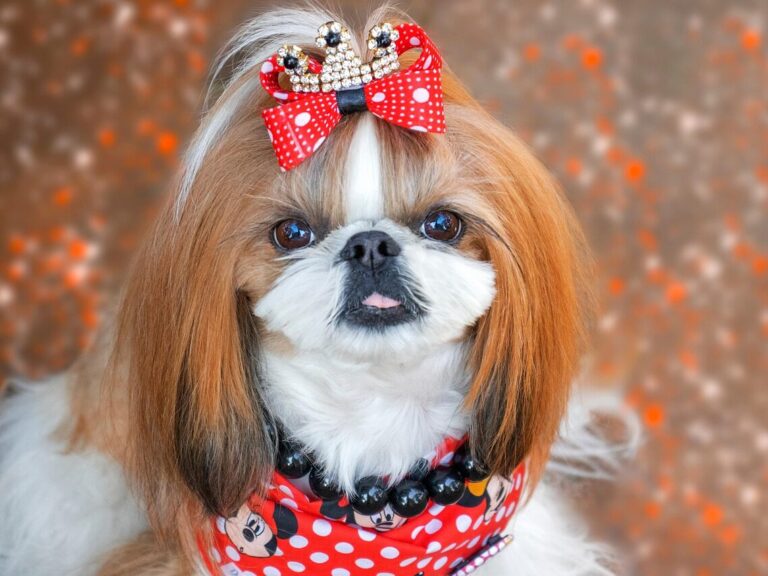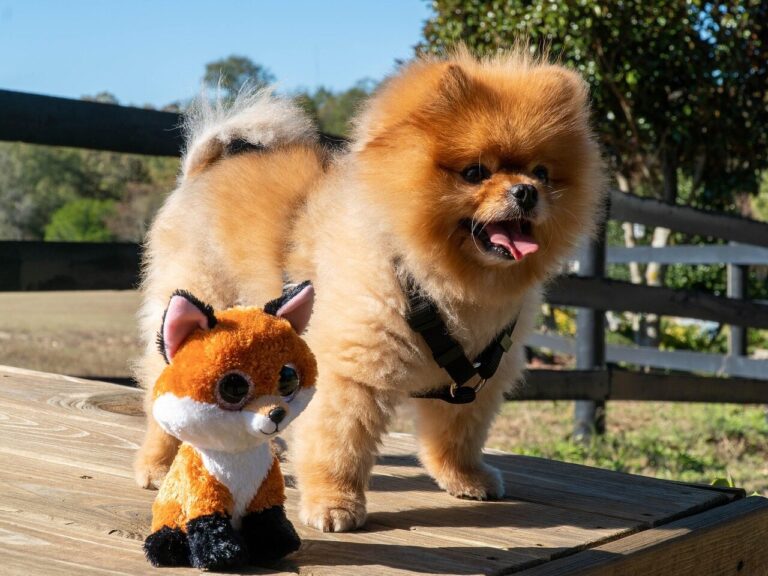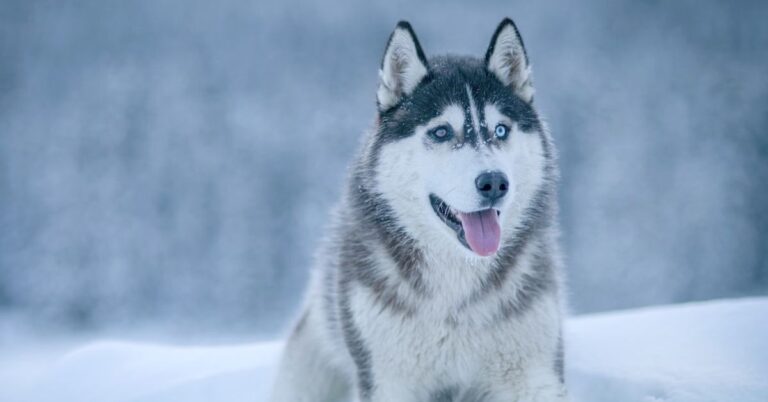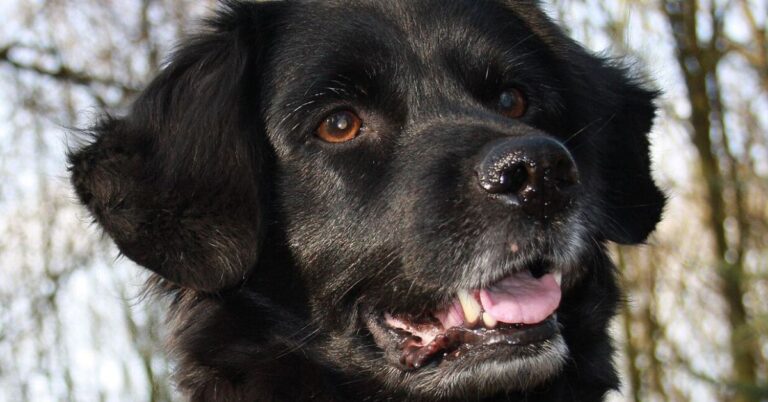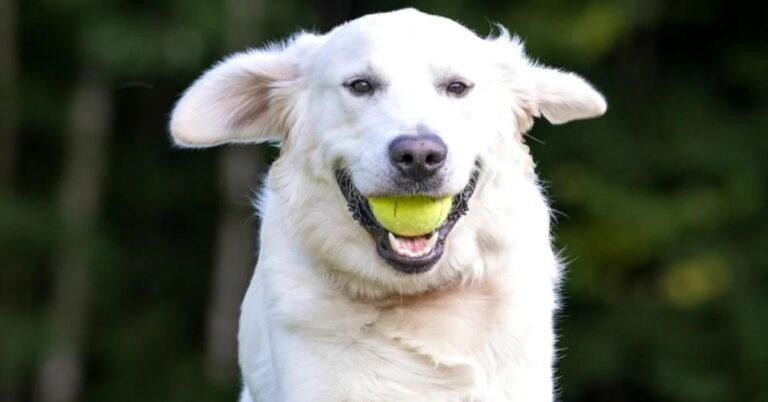The Most And Least Compatible Dogs For Multi-Pet Homes

Dogs and cats—archenemies or unlikely best friends? While some pups embrace their feline roommates with wagging tails, others see them as unwelcome intruders. We will begin by discussing the breeds most likely to coexist peacefully with cats before examining those that may prefer a feline-free environment. Read on to find out which side your favorite breed falls on!
Golden Retrievers

If dogs had a hospitality committee, Golden Retrievers would be the chair. Their warm-hearted, social nature allows them to quickly welcome a cat into their pack. Playful but gentle, they respect boundaries, and this makes them a top choice for multi-pet households where harmony is the goal.
Labrador Retrievers

While their boundless energy might initially seem overwhelming, Labradors are quick learners when respecting a cat’s space. Naturally affectionate and wired for companionship, these social butterflies adapt with ease. Given a bit of time, their playful antics evolve into a balanced friendship where both species coexist harmoniously.
Beagles

Life is a grand adventure for a Beagle—one filled with curiosity, companionship, and the occasional unexpected friendship, even with cats. With their strong pack mentality, Beagles often enjoy the company of feline friends, embracing them as part of their social circle. Their naturally gentle and affectionate nature makes them ideal for cat-friendly homes.
Cavalier King Charles Spaniels

These affectionate lapdogs thrive on companionship. Be it a human or a cat, Cavalier’s approach to relationships radiates unwavering warmth. Their calm temperament and small size make them non-threatening to feline housemates by creating an environment where mutual respect can flourish.
Basset Hounds
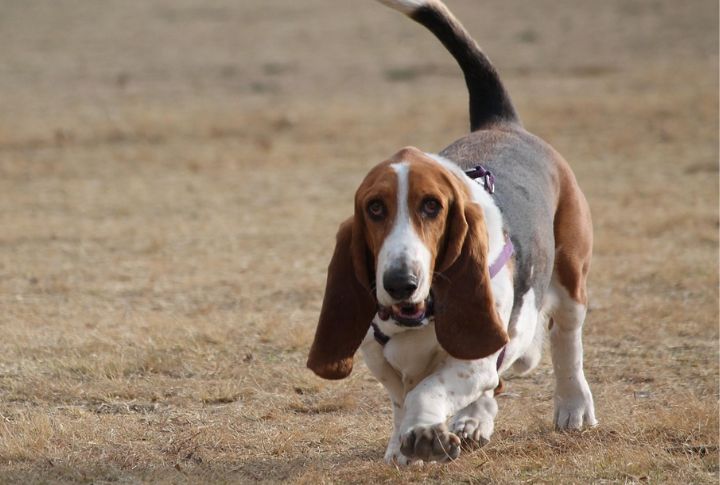
Basset Hounds are the personification of “live and let live.” Unlikely to chase or harass a cat, they’d much rather lounge around and snooze through life by embracing a relaxed approach to companionship. With minimal territorial instincts and generally easygoing natures, Bassets make excellent companions for a relaxed feline.
Now, let’s talk about the breeds that just can’t vibe with cats. Although every dog has its own personality, these breeds typically struggle to see felines as anything other than a nuisance—or worse, a chase target.
Terriers
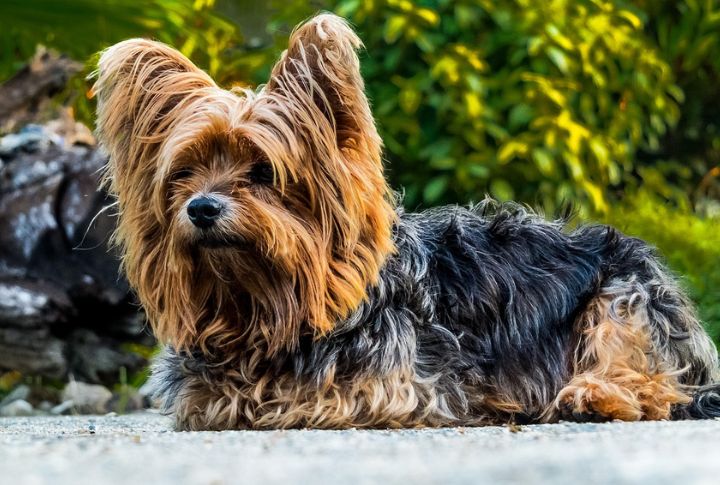
Terriers are among the breeds that struggle most with feline companionship. Because they were initially bred for hunting, their instincts remain sharp. This makes peaceful coexistence a challenge. Even though rare exceptions exist, most Terriers view smaller animals as prey, and forming a truce with a cat is an uphill battle.
Sighthounds
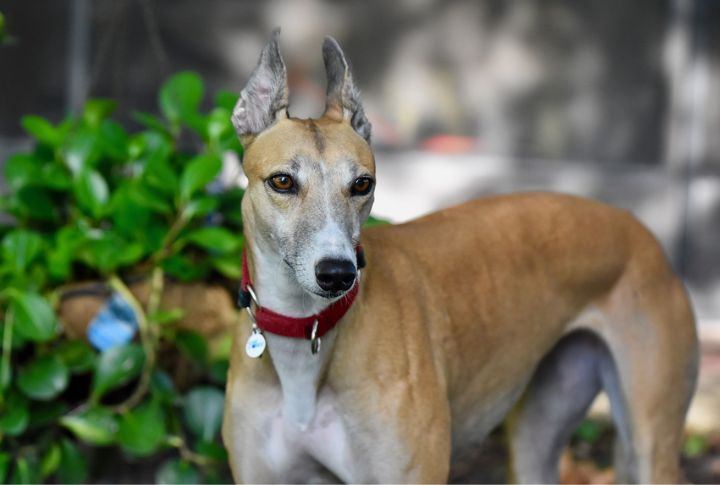
Speed and agility define sighthounds like Greyhounds and Whippets. Unfortunately, they also possess an irresistible urge to chase. If it moves fast, it must be pursued—and that includes cats. Even well-trained sighthounds may struggle to resist their deep-rooted prey drive.
Australian Shepherds
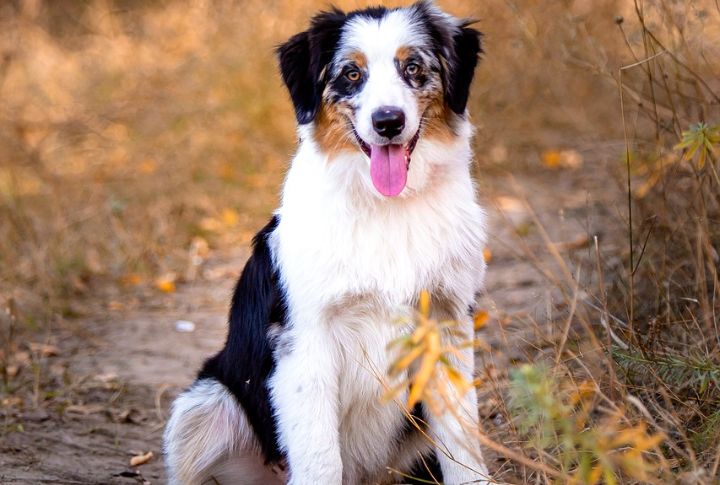
Herding breeds like Australian Shepherds thrive on structure and control—qualities that can clash with the independent nature of cats. Their instinct to herd and direct may leave cats feeling trapped, turning a calm household into a tense standoff.
Alaskan Malamutes
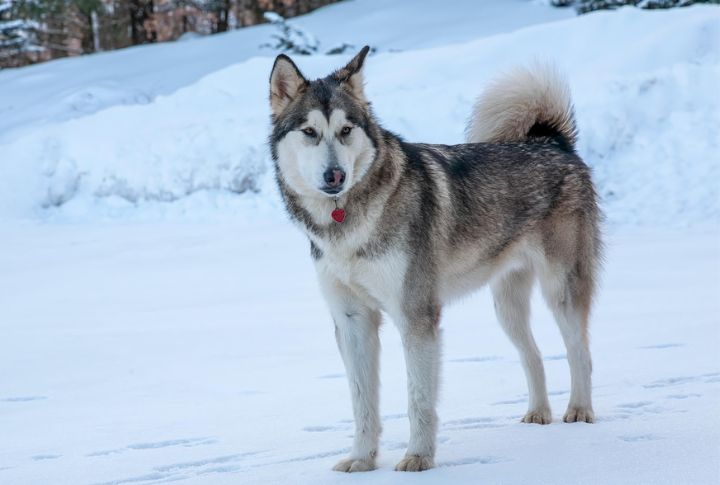
Is there room for a cat in a Malamute’s world? These powerful dogs, bred for endurance, thrive on independence, often making them less inclined to share their space. Without early exposure to feline housemates, their instincts may lean toward viewing smaller animals as competition rather than companions.
Shiba Inus
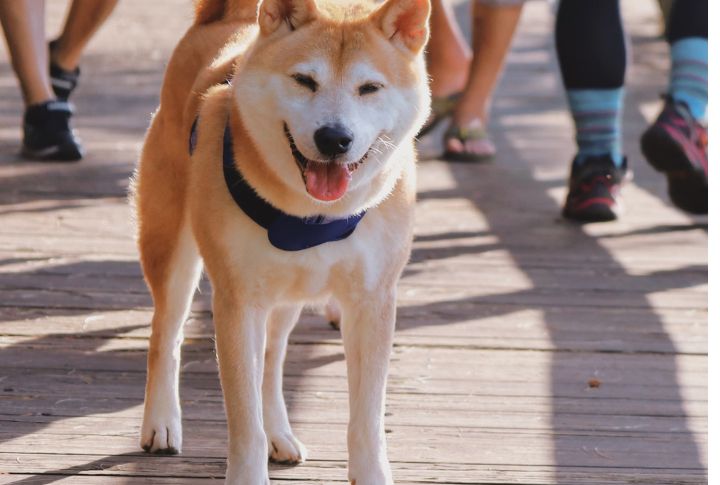
A Shiba Inu’s world revolves around independence, and that doesn’t change when a cat enters the picture. Territorial by nature, they tolerate feline roommates but rarely seek them out. While they won’t go looking for trouble, they also won’t be the ones initiating a cozy cuddle session.
